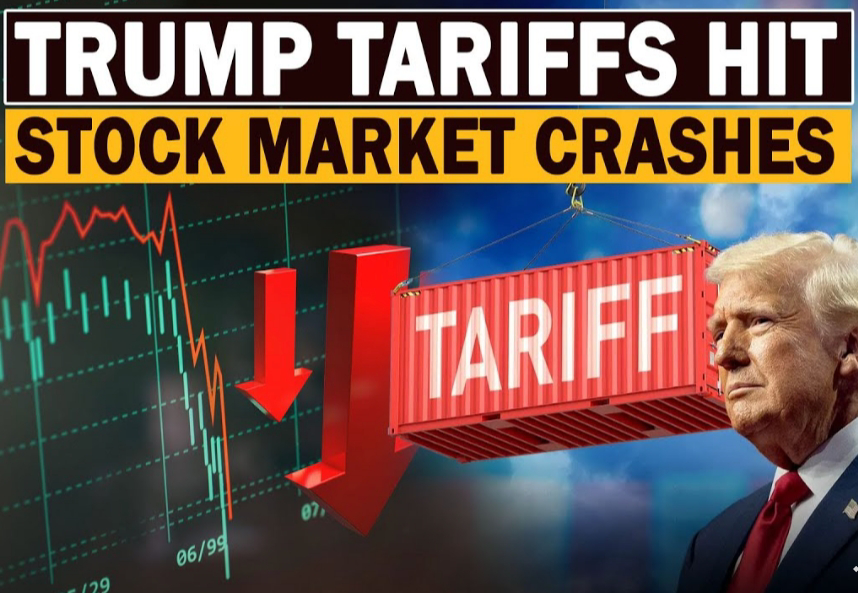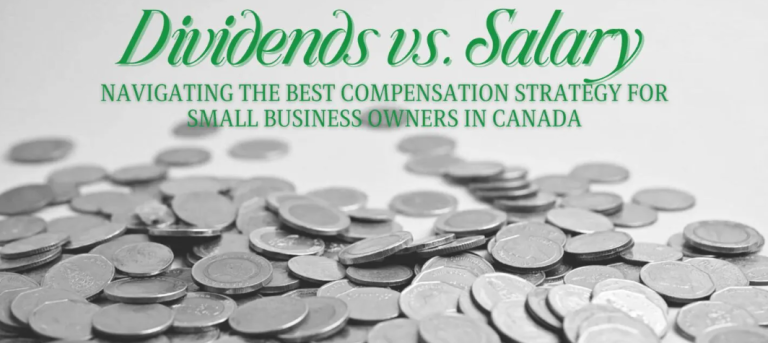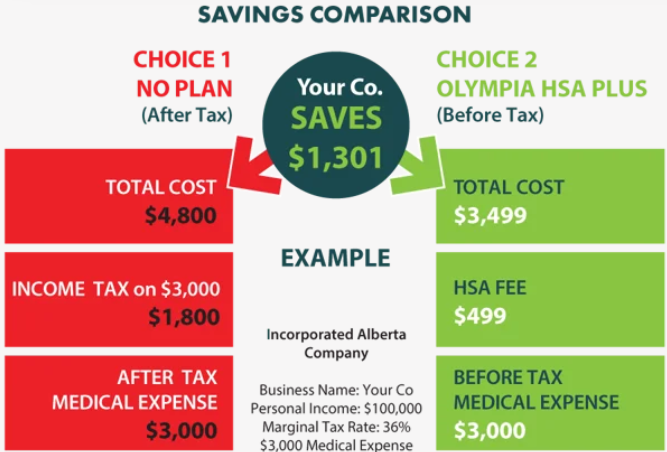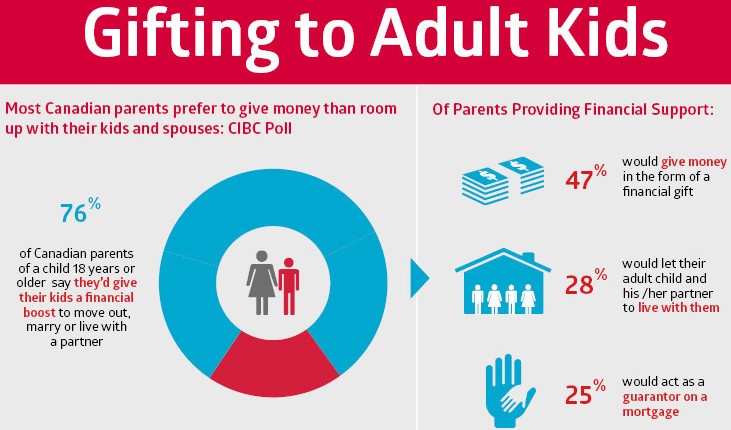Is this a stupid question? It appears so since most people would say, “Of course not! I’d be better off if prices keep rising!” That could be very true. I hope you know, though, that investment prices fluctuate. They always have, and they always will. Prices on investments that can be bought and sold at the drop of a hat (often driven by emotion from super-charged uncertainty) can and will fluctuate… A LOT.
So, when prices fluctuate downwards, almost anybody would answer, ‘No, I’m not better off.’ For most people, that could be the correct answer. It depends on your investments and who you hold them with. However, the rational answer to that question for someone who has been particularly discerning about where they have put their investment dollars is, ‘Yes, I am better off.’ I know for my own investment money and those of our clients, the answer is ‘yes.’ Here is why I say that and why that may not be true for you.
Most people invest their money in “packaged” investments/portfolios (a ‘fund’). This has proven to be a very efficient way to invest money for the vast majority of people. However, there are some significant flaws to which you and your hard-earned (and very much relied-upon) investment dollars are facing. This can significantly reduce your annual long-term returns, and more direly, it can put your investment dollars at undue risk, which is a permanent loss.
Let’s look at what happens to a typical, popular fund through a market cycle. Generally, people like to invest when a fund has shown to have done well. As the performance looks stronger and those numbers run longer, more people add money to their fund. Portfolio managers take this money as it comes in and add it to the various holdings in the fund. Sounds good so far.
The 1st problem is that the fund wants to continue to attract investment dollars into it because the bank (and the portfolio manager running the fund) gets paid by ‘Assets Under Management’ (AUM). The more money they attract, the more they earn on their management fees. However, if you don’t continually invest this money in a steadily rising market (but rather hold these incoming dollars in cash), your performance versus the market and their competition could fall behind. As an investor in the fund, I care the most about investing the money prudently rather than chasing returns. The fund management’s objective is very different than yours.
After a lot of money coming in over a long period, driven solely by past performance, we will inevitably get bad economic news and face a significant political event or world catastrophe. What do many of these people do when that happens? They cash out. As a rational person, you recognize these people are making a mistake; however, you aren’t selling, and therefore, you haven’t lost any money because you only lose when you sell, right?
That is correct, but there is a big caveat. What if the fund doesn’t have enough money to pay out those who want their cash? The fund has no choice but to sell what could be excellent investments to provide the cash to those who want their money out ASAP. This forces the fund’s investment manager to sell holdings when a rational investor knows buying is best.
However, you know buying is better, so you do what you only have control over: your actions, not someone else’s. You add more money to the fund because the unit price is down, so you invest more directly into the fund.
At the most pessimistic times, however, very few people are being rational. They can’t bring themselves to do something that feels so wrong. However, as rational investors, you and I know that adding to your holdings is best. Should it be to this kind of fund, though?
The short answer is no, and here’s why. You are investing in a fund run by a sales-oriented organization that is compensated on shorter-term results (often 1 year) and/or simply on attracting as many assets as possible. On the surface, that seems fine; however, it attracts many investors who may not be very rational. This inevitably affects the longer-term returns of the fund itself.
Research has shown that most investors in a fund (a packaged investment portfolio) have results far below the fund’s performance. This is generally because most investors buy when prices are climbing (or have gone up substantially) and sell when prices are falling (or have significantly dropped).
You want to invest with other like-minded investors. The only way to achieve that is if the portfolio management firm/team (where your investment dollars are invested) and the Financial Advisor you are working with are doing exactly the same things as you are. Here is how that looks (which is how the vast majority of our clients’ money is directed).
The investment management firm that our clients (and myself personally) have the most money with wants to ensure their interests are ours. They achieve this in 2 key ways:
- They want all of the Financial Advisors they deal with to understand how they manage money, be patient when they seem underperforming, and “buy when there is blood in the streets.” If a Financial Advisor isn’t willing to sit down and let them explain their process, helping ensure they do the right things at the right time, they won’t let the Advisor steer money to their firm. This protects the existing investors.
- Everyone at the firm must have all of their investable assets invested alongside those who they are managing money for
These two criteria have proven to produce results for their clients far above what most fund investors have historically experienced. Their average investor has produced slightly better returns than the funds themselves. This is because investors do what the Portfolio Management team needs: to add money when investment prices are down) significantly. The opposite happens to most funds run by sales organizations (e.g., banks). The latter is detrimental to all fund investors, not just those selling.
Is your money being run by a sales organization (e.g., bank) whose interests contradict yours? Going with the odds leads me to say, ‘probably, yes’. If that is the case, declines are probably bad for you and you may not recover as much as you think.






